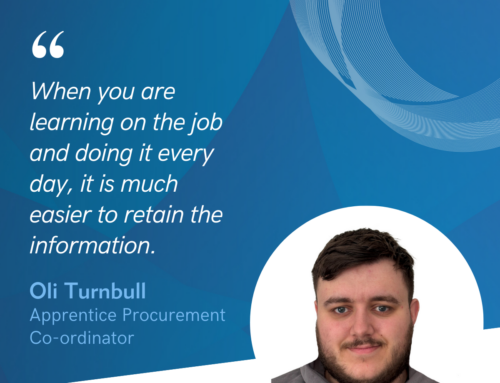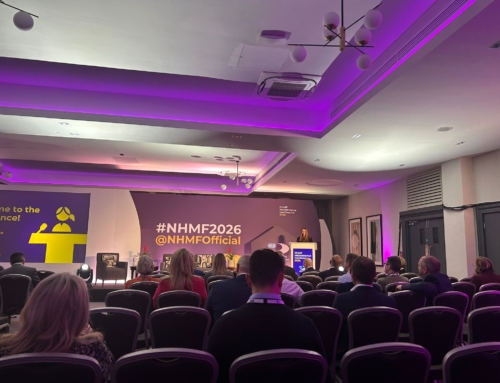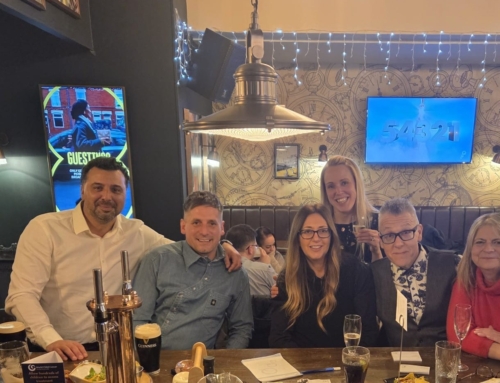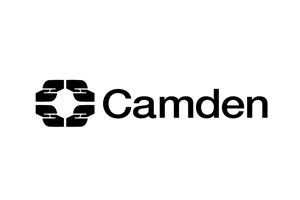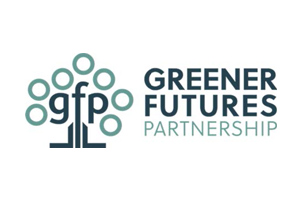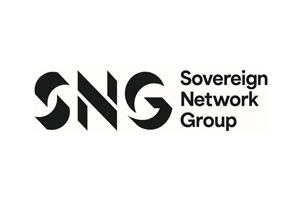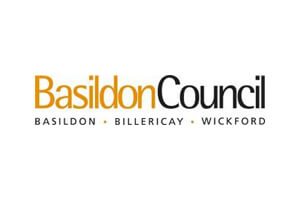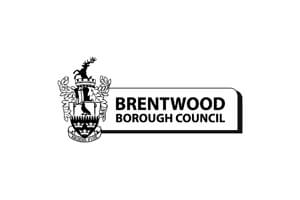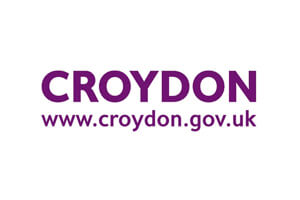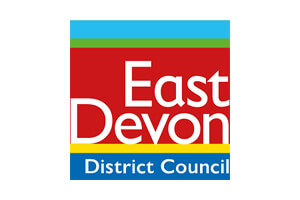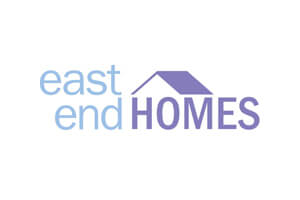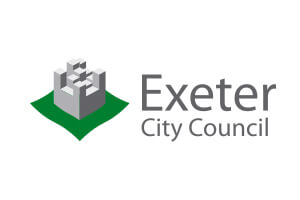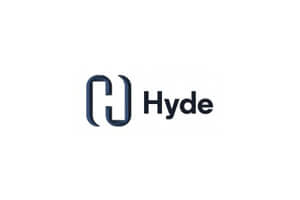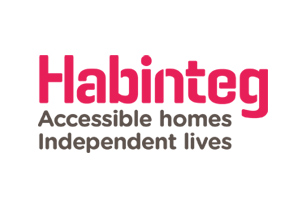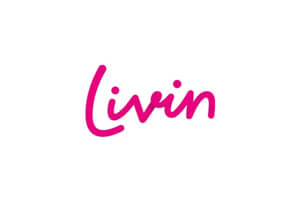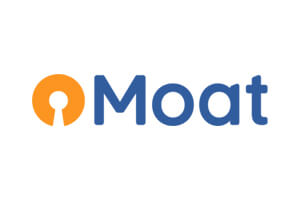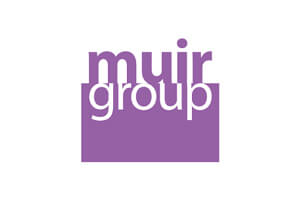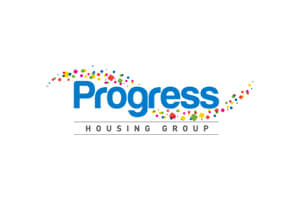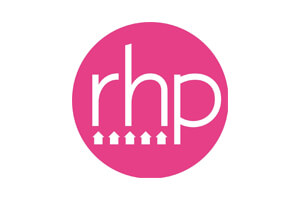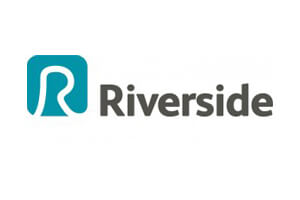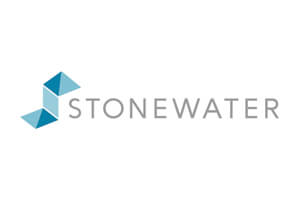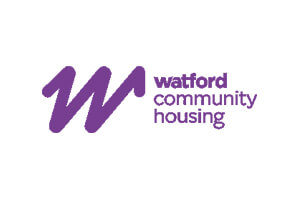Why do we still need International Women’s Day?
The first International Women’s Day (8 March) was held in 1911 and the global movement has continued to grow, celebrating the social, economic, cultural, and political achievements of women, as well as pushing to accelerate equality.
This year, the focus is on calling out gendered actions and assumptions and challenging gender bias, stereotypes and discrimination.
There is no doubting that society has come a long way over the past few decades when it comes to gender equality but how close are we to having a level playing field?
Echelon’s Commercial Director Kelly Kerr and Group Finance Director and MD of Pretium Frameworks’ Lisa Stevenson account for 50% of the Echelon board. They discuss their personal views on gender equality in the workplace, based on their experiences, and what, if anything, International Women’s Day means to them.
Lisa believes that recognition should be given for what people have achieved rather than who they are and questions whether we will ever get true equality if we continue to make an issue of being female.
While Kelly agrees that such events and groups shouldn’t be necessary, she argues that they are still very much needed.
Lisa’s viewpoint
Growing up, I was inspired by strong female figures such as politicians, journalists and businesswomen to ignore the glass ceiling, to go about my work diligently and professionally and to be the best at what I do.
I didn’t consider my gender to be restrictive and following the advice of my inspiring dance teacher, who said your only barrier was yourself, I believed I could create my own success if I worked hard enough for it.
Throughout my career I’ve wanted to be recruited and promoted based on my ability and work ethic alone, to be recognised wholly for what I’ve done rather than who I am. To me, it doesn’t matter that I’m female, it matters what I’ve achieved.

I am a parent who works, I’m a skilled and experienced board member, I’m a qualified accountant and I’ve renovated a house. None of these are because of or despite me being female, they’re just things I’m proud of doing well.
Now, add my gender. I am a mother who works, I’m a female skilled and experienced board member, I’m a female qualified accountant and I’m a woman who has renovated a house.
For me, we are making ourselves a minority group, and then we are emphasising it. All of these remove the focus from the achievement and imply something surprising or unusual that I wouldn’t be expected to do but why?
In my working life alone, there has been significant progress and many changes made. Leave for having a baby can now be shared, although it doesn’t happen as much as it potentially should, there are more women returning to the workplace and there are more high-profile women in senior positions. We are no longer “the balancing item” but there is still a long way to go.
There is still a gender pay gap in some companies, and this shouldn’t be the case. If your business allows this, you can challenge or leave. This is their loss, and you have everything to gain from an employer that values your talent.
There are still companies who don’t want to employ women over men because they either have or might have children. Again, if this is the case, question if these are organisations you want to be part of.
If we make an issue of being female, will we ever get true equality? I’m unconvinced that International Women’s Day and female-only groups do anything more than send the message of “we did this despite being female” or “we didn’t need a man to help”.
In my opinion actions speak louder than words, and if we act, quietly and with dignity, eventually we will get equality. The longer we, as women, bang the “bad men” or “unfair world” drum, the perception of us in the workplace will not materially change.
Kelly’s viewpoint
I don’t think we should need International Women’s Day but the sad state of reality is that we do need it.
While the social housing sector is probably one of the better sectors in relation to equality more generally, not just women, I believe it is still more difficult for women in the workplace.
Sadly, a lot of that comes down to children and the assumption that if you are employing a woman of a certain age, she’s probably going to go on maternity leave at some point.
Although parental leave can now be shared, in most instances it is the woman who goes on leave following the birth of a child and when women return to work after starting a family, it is all too often the woman who reduces her working hours to look after the children, or who takes them to nursery, or does the school run, or comes out of work when they are ill.

There is often a mismatch in terms of parenting which underlies a lot of the other inequalities that women face in the workplace. There is a fear that a woman will disappear for nine months and come back changed and distracted because of the additional stresses of being a mother.
There is all too often a complete lack of understanding but we are starting to see a change in attitudes towards flexible working, driven largely by the COVID pandemic. As more people are now working flexibly, and at home, it is starting to take away some of the negativity surrounding working mothers. If everybody’s working flexibly, it doesn’t matter if you’re doing it because you’re a mum, or just because you are more efficient at night or first thing in the morning. So, hopefully there will be a long-term positive change towards flexible working.
The people who are going to get left behind are the ones whose partners have to go out of the home to work as their job can’t be done remotely, and often these are male-dominated roles such as plumbers, lorry drivers and firefighters, which means that there are still more women at home who have to be the flexible one.
I also believe that there is still a need for women-only networking groups. We’ve all had an arm around the shoulder or the waist or a kiss on the cheek that makes you feel uncomfortable. In most cases I don’t think there’s anything harmful meant but women-only networking groups can provide a “safe” space for women to network. It enables women to build those connections and alliances in a softer environment, that can then transfer to mixed environments, where they can start to build other connections, which can only be a good thing.
Again, attitudes are starting to change and the younger generation of men, who are just starting out in their careers, understand that some of these actions are not okay but it will take time to filter through.
I believe that there is still some way to go to change attitudes towards true equality in the workplace and while we shouldn’t need International Women’s Day, we absolutely still do, if we are to successfully break the bias.
Read next: Are estate management services the poor relation when it comes to procurement?


